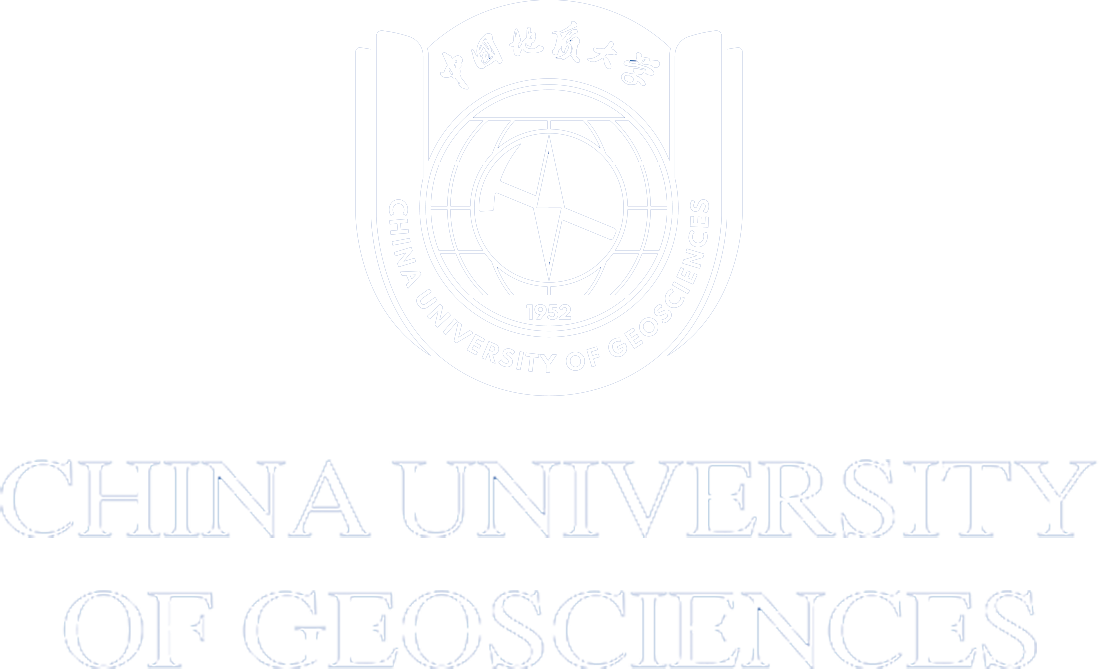The Deccan Traps eruptions significantly impacted Earth’s climate and ecosystems from the Late Cretaceous to early Paleogene periods, contributing to mercury (Hg) enrichments in global sediments. However, Hg signals from East Asia exhibit considerable variability across different lake basins. Here, we present high-resolution Hg records from continuous terrestrial sediments in the Jiaolai Basin, eastern China, and integrate them with other East Asian records to investigate the causes of these discrepancies. Our results reveal significant Hg enrichments both before and after the Cretaceous?Paleogene boundary, with positive Δ199Hg and near-zero to slightly negative δ202Hg values, indicating long-distance atmospheric transport of volcanogenic Hg linked to the second and third Deccan eruptive pulses. By comparing Hg signals across East Asia, we highlight that local climate and depositional conditions strongly influenced Hg transport and accumulation. The integrated Hg records from East Asia provide a more comprehensive view of the first three major Deccan eruptions. The significant Hg enrichments, along with the elevated pCO2 and temperature before biotic recovery, suggest that the third Deccan pulse, rather than the fourth, played a critical role in driving climatic disruptions and delaying ecosystem recovery during the early Paleogene.
Article link: https://doi.org/10.1130/B38305.1




 Address
Address
 E-Mail
E-Mail
 Telephone
Telephone